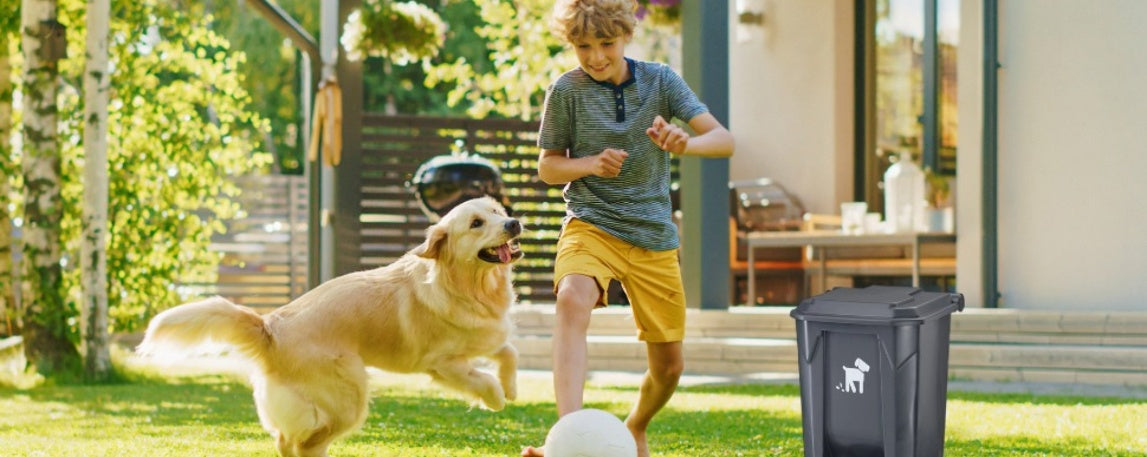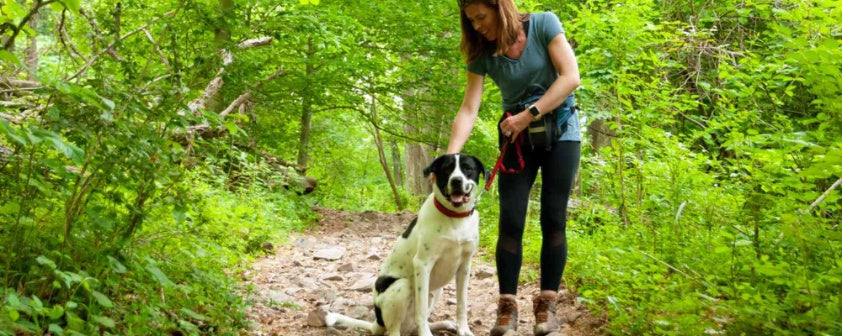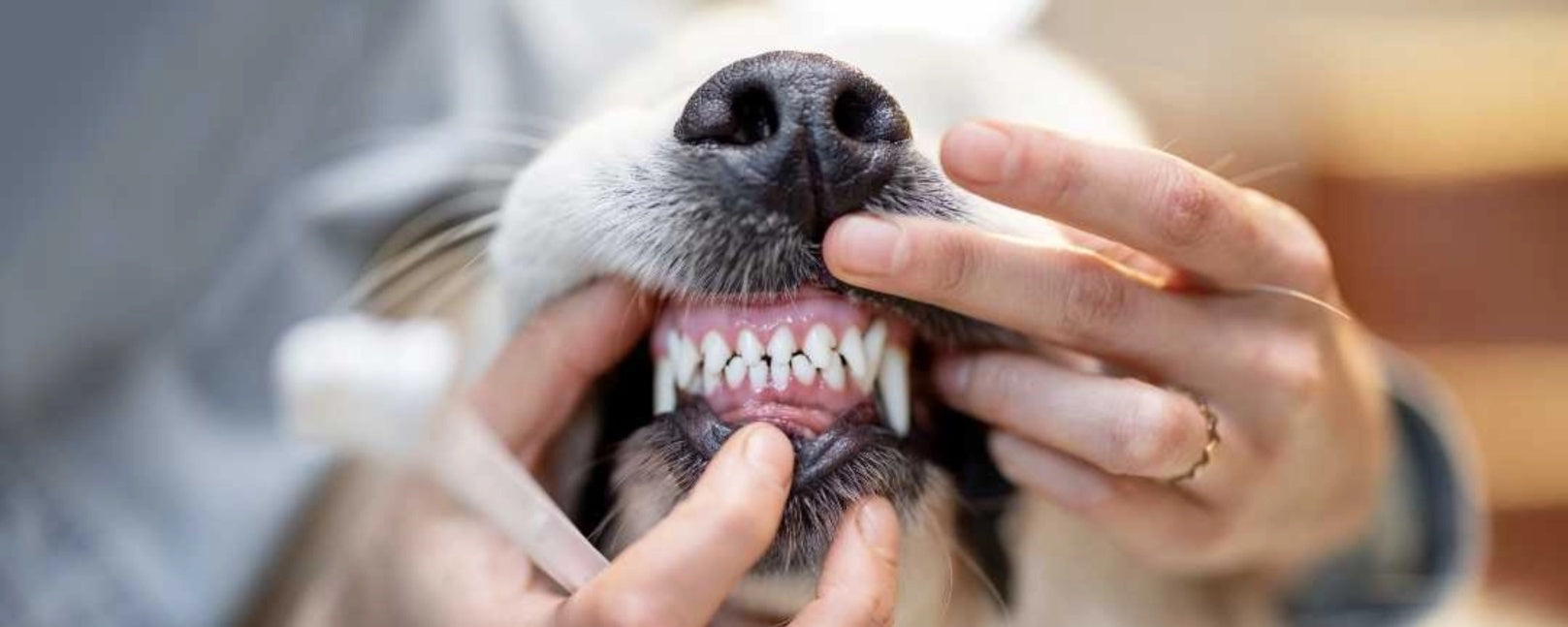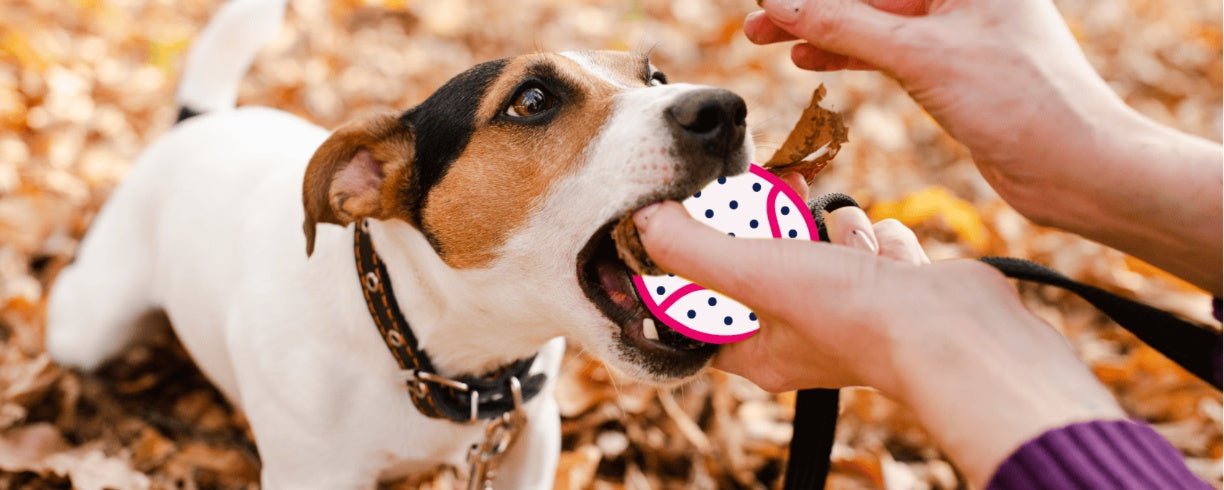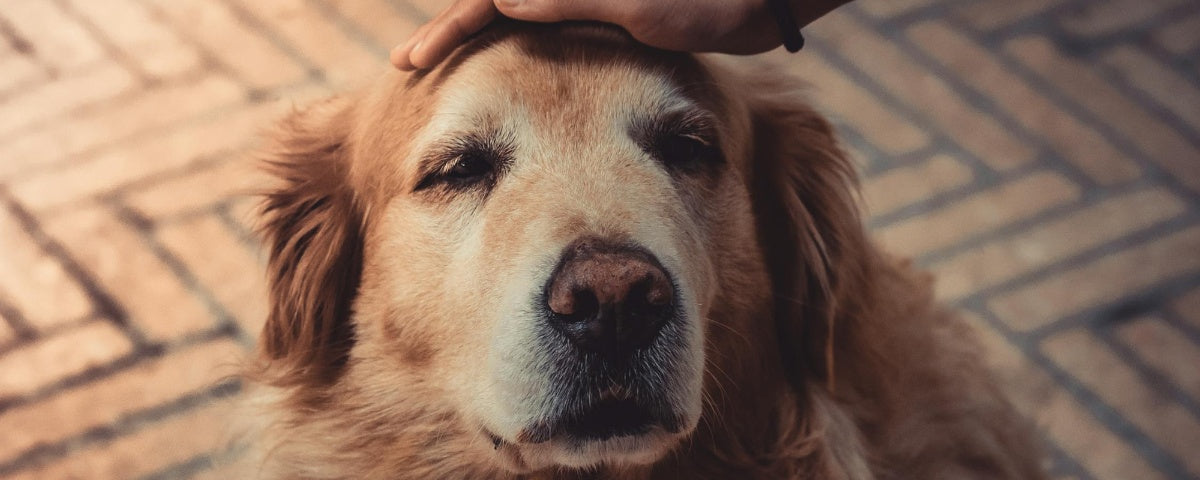Proper dog waste disposal is more than a simple act of cleanliness—it’s a responsibility that protects public health and preserves the environment. Dog feces contain harmful pathogens and bacteria, which, if improperly managed, can contaminate water sources, harm ecosystems, and even pose health risks to humans. As a pet owner, adopting eco-friendly disposal practices can make a significant difference.
Eco-Friendly Tips for Dog Waste Disposal
1. Bag It Right: Choose Biodegradable Options
Using biodegradable or compostable bags is a simple yet impactful way to manage dog waste. Unlike conventional plastic bags that take hundreds of years to break down, biodegradable bags decompose in a much shorter time, reducing their environmental impact.
When selecting biodegradable bags, look for certifications that ensure their effectiveness. Though most landfills don’t provide ideal conditions for decomposition, opting for these bags is still a step toward sustainability. Always dispose of the bagged waste in designated trash bins to prevent contamination of public spaces.
2. Flush It—If Your Local System Allows
Flushing dog waste is one of the most environmentally friendly disposal methods, as it ensures that waste is treated in municipal water treatment facilities. These systems are designed to handle organic waste safely, breaking down harmful bacteria and preventing environmental contamination.
To use this method:
- Collect the waste using a tissue or paper towel.
- Avoid flushable bags, as they can clog plumbing systems despite their name.
Before adopting this practice, check with your local wastewater authority to confirm that pet waste is permissible in your area.
3. Composting for Non-Edible Gardens
For the eco-conscious pet owner, composting dog waste can be an excellent option. Specialized dog waste composters break down feces into a nutrient-rich material that can be safely used for ornamental plants.
To compost dog waste effectively:
- Use a dedicated composter to prevent cross-contamination.
-
Avoid using composted waste on edible plants, as it may still harbor trace pathogens.
- Composting reduces the volume of waste sent to landfills and creates a valuable byproduct for landscaping.
4. Keep Your Backyard Clean and Hygienic
If you have a yard, keeping it free of waste is crucial for maintaining hygiene and reducing environmental hazards. Regularly picking up dog waste with a scooper or rake prevents harmful bacteria and parasites from seeping into the soil.
Tools like swivel bins and rakes make the cleanup process efficient and sanitary. Dispose of collected waste in biodegradable bags or add it to your designated composting system. This habit not only keeps your outdoor space pleasant but also minimizes potential risks to your household.
5. Dispose Responsibly During Walks
While walking your dog, always carry waste bags to clean up promptly. Leaving dog feces on the ground contributes to water pollution, as rain can wash it into storm drains, contaminating local waterways. Proper disposal while on the go ensures public spaces remain clean and enjoyable for everyone.
For added convenience, invest in portable bag dispensers that attach to leashes. This makes it easier to pick up after your dog and maintain responsible disposal habits.
Why Responsible Disposal Matters
Improper dog waste disposal has far-reaching consequences. A single gram of dog feces can contain millions of bacteria, including E. coli and Salmonella, which pose significant health risks to humans and animals. Additionally, when waste enters waterways, it depletes oxygen levels, endangering aquatic life and contributing to harmful algal blooms.
By adopting eco-friendly practices, you’re not only protecting the environment but also setting an example for fellow pet owners. Small, consistent actions can collectively lead to cleaner communities and healthier ecosystems.
Conclusion
Managing dog waste responsibly isn’t just about being a good pet owner—it’s about being a considerate member of the community and a steward of the environment. By incorporating sustainable disposal methods like using biodegradable bags, flushing (where permissible), composting, and maintaining a clean backyard, you can significantly reduce the environmental impact of pet ownership.
Let’s commit to keeping our neighborhoods clean and our environment safe. With thoughtful waste disposal practices, we can ensure a better, greener future for everyone.

